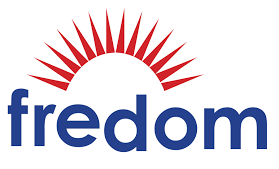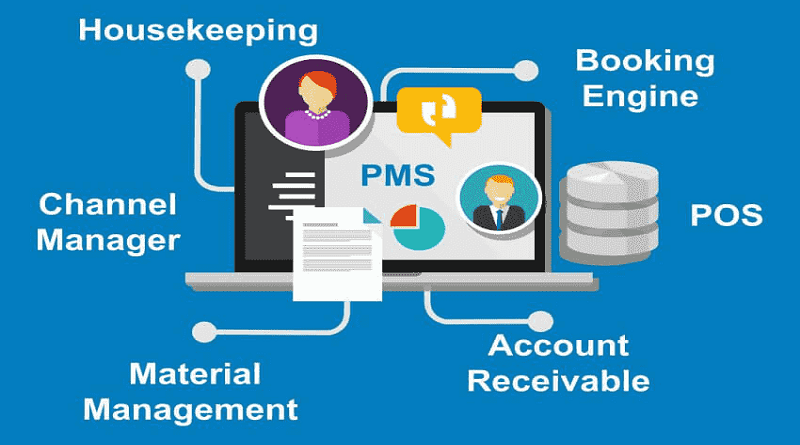How to Choose the Right Hotel Management Software
The hotel industry is becoming increasingly competitive, and having the right hotel management software is crucial for hotels to run efficiently and provide high-quality service. With so many options on the market, selecting the best hotel software can be daunting. This article provides tips on how to choose suitable hotel management software for your property.
Key Software Features to Look for While each hotel’s needs are different, some key features are essential for most properties:
Property Management System (PMS)
This enables core operations like reservations, room assignment, check-ins and outs, billing, and invoicing. An efficient PMS is critical for smooth front-desk operations. Cloud-based systems offer anytime, anywhere access to real-time data.
Channel Manager
This automates reservations from online travel portals (OTAs), avoiding double bookings and rate disparities. It should allow for managing inventory and rates from a single dashboard across channels.
Point of Sale (POS) System
From restaurants to gift shops and spas, POS facilitates sales across all outlets. Opt for software that seamlessly integrates POS with stock and inventory management. Tableside ordering and contactless checkout are must-have features.
Customer Relationship Management (CRM)
This tracks guest preferences and travel history, allowing personalized offers. CRM data also enables understanding guest demographics and trends to optimize operations.
Reporting and Business Intelligence
Robust reporting allows monitoring KPIs like occupancy rate, RevPAR, sales by outlet, etc. Look for data visualizations, exportable reports, and custom dashboard creation abilities.
Consider Ease of Use
Software that requires extensive training and complicated operating procedures can frustrate staff and defeat its purpose. Whether used by receptionists, housekeepers, or managers, the system should have an intuitive, easy-to-navigate interface. Scalability for multiple users and locations is also vital for chain hotels.
Focus on mobility and flexibility.
Look for software built with the cloud, mobile, and distributed teams in mind. The ability to access information and conduct operations on-the-go via smartphones or tablets enables better, real-time decisions. Flexibility for remote access and integrations with third-party applications are also important.
Don’t compromise on security.
Data security should be paramount when handling customer information. There should be multi-level user permissions and robust backup mechanisms. For chain hotels, software must provide centralized access control and security protocols across locations.
Value-Scalable Pricing Models
Hotel software pricing is generally subscription-based or pay-per-use. Opt for the model that aligns best with your business needs and growth plans. Scalable software that allows you to pay only for the features you currently use provides more value for money as your business evolves.
Check integration capabilities.
Seamless integration between PMS, POS, CRM, and other hotel software systems ensures cohesion across departments. APIs and web services enable integration with other applications like payroll, accounting, etc. that hotels use. This avoids data silos and manual re-entry between systems.
Take Advantage of Cloud-Based Systems
Cloud-based software lowers IT infrastructure costs for hotels since data is securely stored on external cloud servers. It also enables getting regular feature upgrades through automatic updates instead of full-version installs. Cloud systems provide higher accessibility, flexibility, and scalability.
Consult hotel industry experts.
Industry associations provide useful guidance for choosing hotel management systems. Hospitality consultants and vendors can also advise on the software best suited to your requirements and infrastructure. Peers running similar properties can suggest systems they use and find beneficial.
Focus on Efficient Task Management
Look for hotel software with capabilities to streamline repetitive tasks like housekeeping assignments, preventive maintenance schedules, etc. Automated task allocation, tracking, and notifications improve staff productivity. Mobile task management also enables on-the-go assignment and completion updates.
Evaluate options for revenue management.
Revenue management capabilities like dynamic room rate modification and length-of-stay-based pricing are crucial for maximizing revenues. The system should make rate management easier through forecasting, analytics, and impact analysis of pricing strategies across demand cycles.
Check for marketing and guest engagement functionalities.
Built-in CRM tools for email marketing, surveys, loyalty programs, etc. help engage guests beyond their stay. Social media integration and reputation management also enable targeted marketing and brand building. Such features are worthwhile for attracting recurring guests.
Don’t ignore support and training.
The vendor should provide training resources and support channels to smooth onboarding and ongoing usage. Multi-level tech support, knowledge bases, FAQs, and forums indicate reliable customer service. Training programs for staff ensure software adoption and optimization for your hotel.
Evaluate options for integrated payments.
The ability to securely process payments within the hotel software system enhances convenience and reduces errors in reconciliation. Integrated payments via chip/pin, contactless, and mobile methods like Apple Pay streamline checkout at every touchpoint. This allows for capturing revenue opportunities across the property efficiently.
Shortlist Vendors for Demonstrations
When you have a shortlist of suitable software options, ask the vendors for demos that are customized to your hotel’s needs. This involvement in the system provides the user with first-hand experience of the system and, hence, a better evaluation. Evaluate the tools to see if they match your workflows and can expand as your business gets bigger. Put emphasis on usability, flexibility, and ease of usage.
Selecting the right hotel management software requires research and a little strategic thinking about operational requirements. Though the fundamental functions remain similar across systems, it is necessary to identify the specific needs in order to choose a future-proof solution. The software should not only fill the existing requirements but also be flexible and changeable according to industry changes. Take time initially to understand the offerings and work with the vendors who provide ongoing support. By implementing functionally rich, scalable software, hotels can keep up with their guest experiences and enable staff productivity.
In a nutshell, the right hotel management software is the one that is decided by the careful evaluation of specific operational needs, focusing on the most important features, and comparing them thoroughly. The system should be designed to tackle pain points, improve workflows, and offer best-in-class services to guests. Scalability, mobility, and integration capabilities also need to be evaluated, apart from data security. The technology evolves rapidly; therefore, the software gets updated to meet new needs. Implementing the best hotel management software creates long-term competitive advantage and success.

